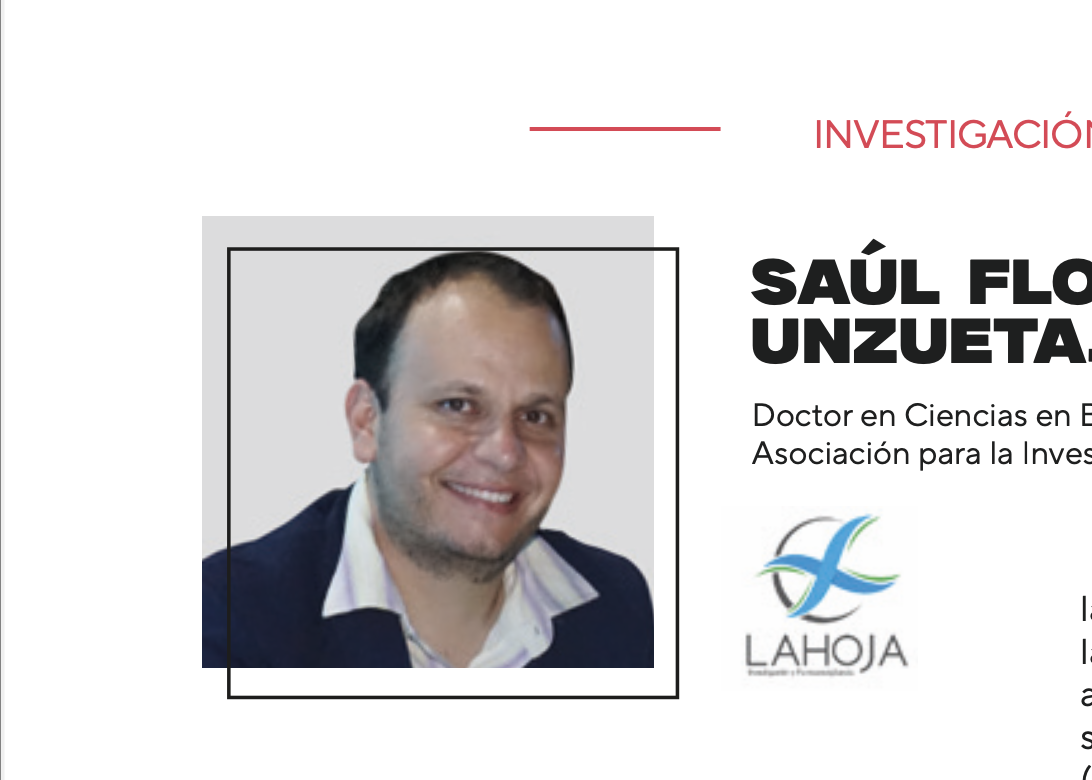
2 minute read
Central Research
Nutrition in Clinical Research
According to WHO (2020), approximately 3 million people cannot afford a healthy diet. A minimally healthy diet contains at least 2,300 calories and 69 grams of protein per person per day, which exceeds the international extreme poverty line of $1.9 per person, making it unaffordable.
In clinical studies, specialized nutritional follow-up is only considered in those protocols focused on drugs that have proven weight reduction or when the target disease of these studies is completely linked to diet (obesity, metabolic and cardiovascular diseases). In most clinical studies, they are only limited to providing advice on a “healthy lifestyle” for the patient in a general way.
How many or which diseases are related to nutrition?
According to FAO (Food and Agriculture Organization/WHO 2020), “If the world’s population ate a healthy diet, 97% of the costs of noncommunicable diseases could be saved”; that is to say, cardiovascular diseases (such as heart attacks and strokes), cancers, chronic respiratory diseases (such as chronic obstructive pulmonary disease and asthma) and diabetes; kidney diseases (such as renal failure), gastrointestinal diseases (gastritis, irritable bowel syndrome, celiac disease); among many others.
97% of healthcare costs could be saved...
Is nutrition that important? Yes. Health is the balance and coordination of all aspects: physical, emotional, social, and family It is not about separating each one. All these aspects are regulated to provide adequate health, and proper nutrition is a fundamental pillar for this balance.
A research study provides technological advances and novel drugs for the treatment of diseases. Such tools are not always available in the public sector in our country and, on many occasions, neither in the private sector. Mandating specialized followup in nutrition in clinical trials is likely to favor the prognosis and evolution of people who voluntarily participate in clinical trials. In reality, the “obligation” is not that it is described within the protocol procedures but that, as physicians and health personnel, we have the responsibility to provide the patient with complete follow-up and treatment of their disease.
Saul Flores Unzueta, PhD
Doctor of Science in Biotechnology. CEO of Lahoja Association for Research and Pharmacovigilance.

